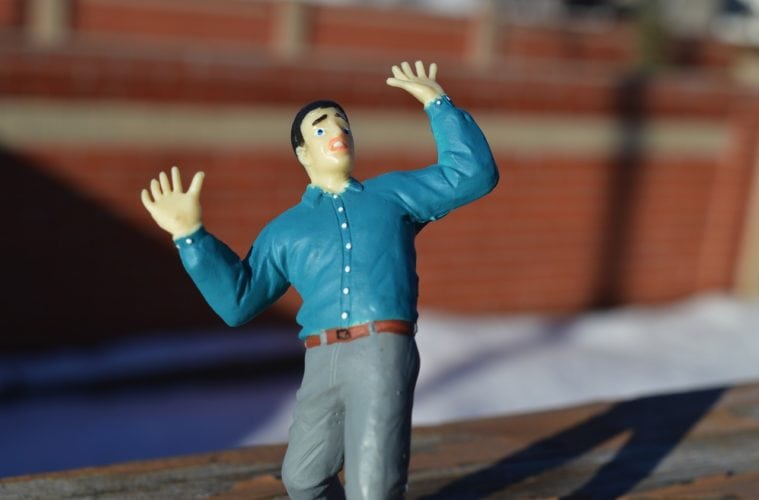If you’ve ever experienced a panic attack you will understand the impact they can have your day-to-day life. We already discussed the causes of panic attacks, but how can you deal with panic attacks when you’re having one and what can you expect from treatment?
A panic attack can be really scary, especially if you haven’t had one before. You feel your heartbeat going too fast and too hard, your palms get sweaty, your blood sugar drops. . . It’s a vicious circle; the more aware you become of the symptoms symptoms, the more intense they get. However, there are simple techniques you can use to break them and get back in control.
Music
Put together an “emergency” playlist; songs you listen to feel relaxed and happy. You might want to use headphones that completely shut out noises from outside, so you can really focus on music. This will help you think about something positive and about your anxieties.
Get busy
Sitting in one place doing nothing will likely heighten your anxiety as you brood over it. Keep your body and mind busy by doing simple tasks such as doing dishes, walking the dog or call a friend. Do something easy, nice and even useful to prevent your anxiety from overwhelming you.
Take a hot bath
Hot water has a comforting effect on many people. Adding citrus balm, bergamot, lavender or jasmine oil have natural calming effects too.
Get a friend’s help
Don’t let your pride get in the way. Ask a friend to distract you from your anxiety if you feel that’s what you need, or ask them to help you analyse those feelings.
Treatment
Long-term treatment of panic attacks needs to focus on the underlying issues via a behavioral and cognitive therapy. You should not be afraid of seeking medical help, we recommend that you seek advice from your doctor if you regularly suffer from panic attacks.
Treatments often require use of anxiolytic medicine such as benzodiazepines to help control symptons. Unfortunately these medicines can be addictive which is why many therapists recommend the use of antidepressants instead.
Besides professional help, regular physical excersise, a healthier diet and quick-wins at work school can be very beneficial. You should also consider avoiding coffee, energy drinks or any other stimulants if you are prone to panic attacks.




